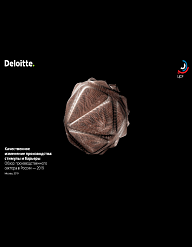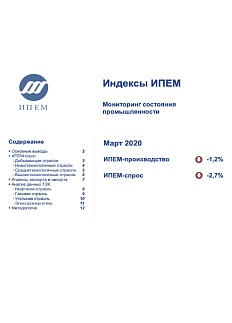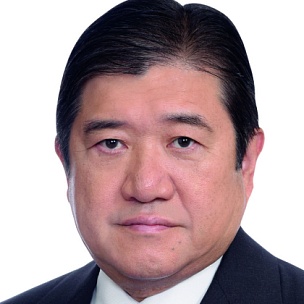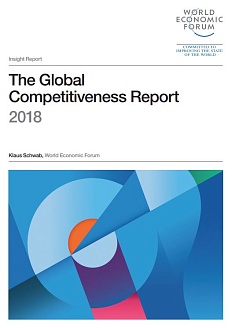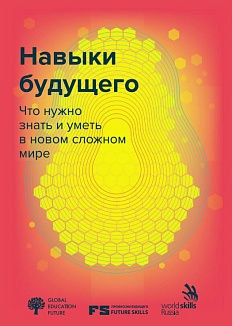The manufacturing sector in Russia: Current state and outlook
The analytical report is based on the results of a survey of senior executives of manufacturing companies and describes the sentiments and expectations in the sector.
According to the report, the overall perception of the current state of the industry has considerably improved although the share of optimistic views regarding the outlook for the industry shows only a moderate growth. The overall improvement is due to a greater number of positive opinions in all industry segments and a reduction in negative assessments, although negative opinions have become more emphatic (the share of definitely negative assessments has increased from 9% to 22%).
The publication demonstrates that government support and lower administrative barriers are critical for the development of the industry. The prospects for growth in individual companies are mostly linked with enhancement of production potential.
Key issues in 2019
In 2019, the respondents name shortcomings of government activities (with emphasis on inefficient government regulation, high taxes, and corruption) and insufficient government support as key problems faced by the industry. Manufacturing companies demonstrate rising expectations of government action which can make a dramatic difference to the market situation. Internal barriers to development include worn-out equipment, obsolete technologies, and rising production costs.
The list of issues also includes high incidence of fraud. Over a half of the companies participating in the survey (52%) stated that they had suffered from fraud over the past year. Notably, fraud or misperformance concerning advertising was faced by every third manufacturing company (34%).
Priority development strategies
Entry onto new markets remains the most promising development strategy (66%) for the third year in a row. The top three strategies also include technical modernization (51%) and introduction of new technologies (50%), following the general trend towards enhancing the production potential. Among geopolitical factors, the most negative effect on the Russian manufacturing companies is produced by sanctions against Russia.
The trend on innovations and digitalization is driven by the need to boost production. This gives manufacturers an incentive to increase expenditure on R&D which has grown from 4.7% (calculated as a percentage of revenues) in 2018 to 6.1% in 2019–2020.
Financing sources and effectiveness of government regulation
In 2019, 82% of companies participating in the survey stated that they were planning to attract financing from external sources.
The integrated assessment of the effectiveness of government support and development of the manufacturing sector in Russia is 1.93 points out of a possible 3 points. This indicator has noticeably grown over the past year (+0.33 points), although the satisfaction with current government activity still remains on the average level. The integrated assessment of the sufficiency of government support is slightly lower (1.81 points) but also stands on the average level.


